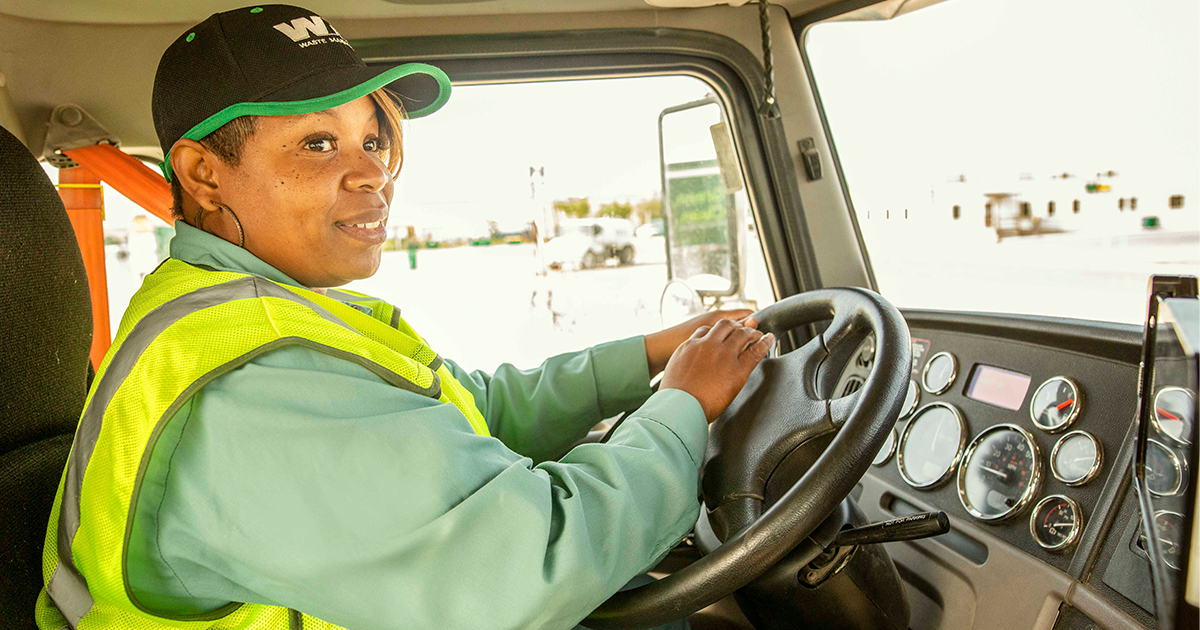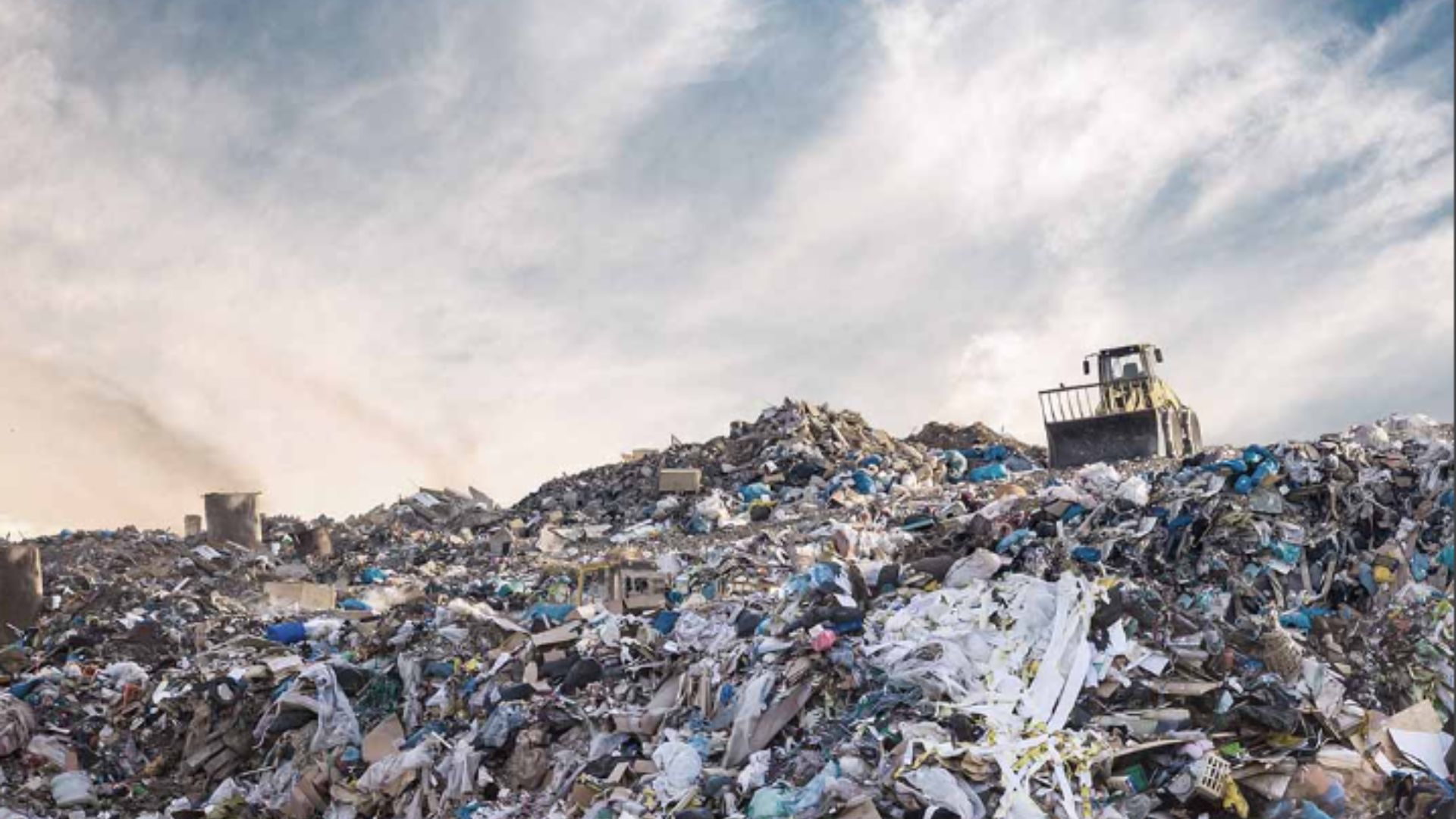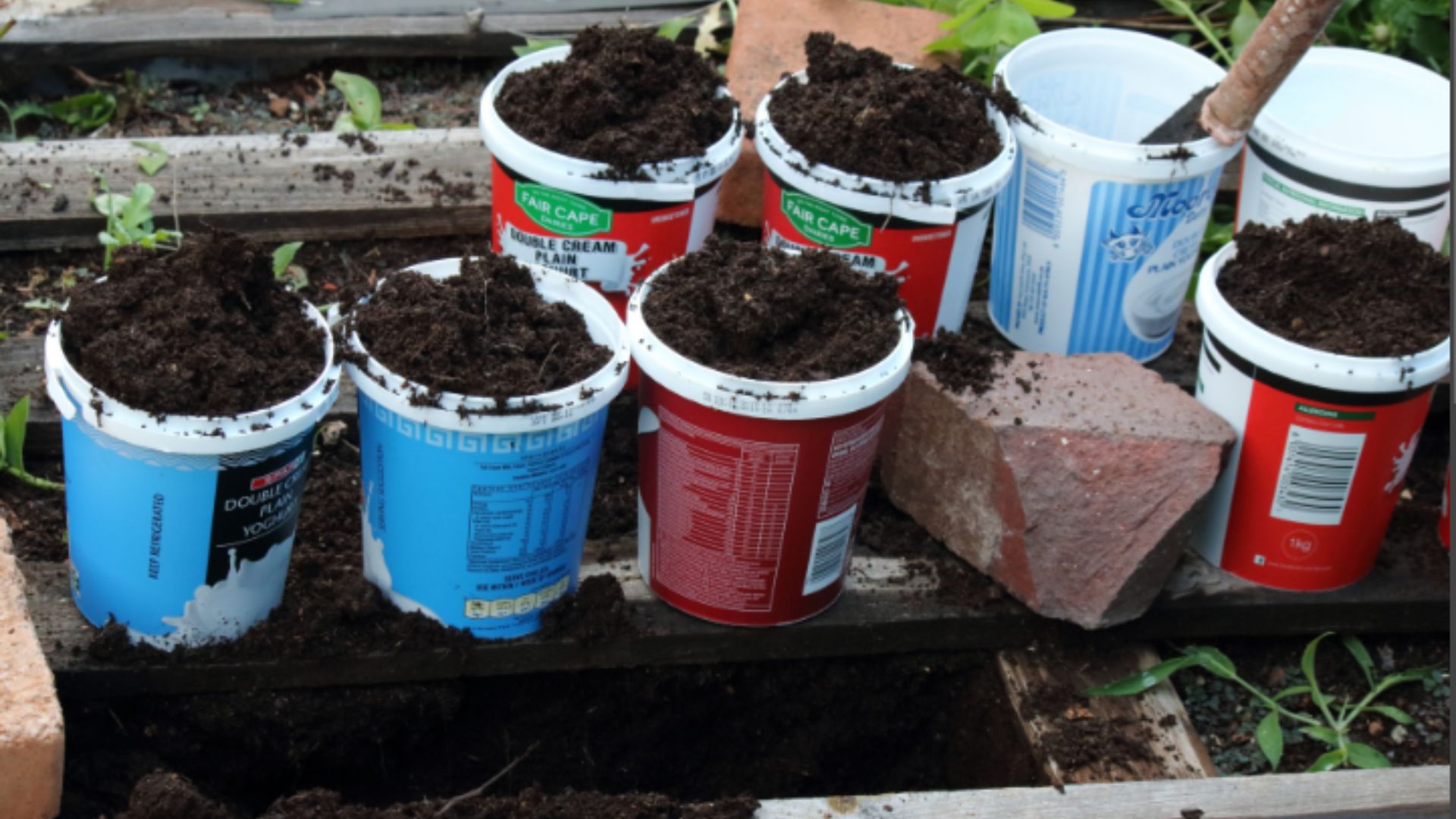In the traditionally male-dominated field of waste management, women are increasingly making significant contributions, challenging stereotypes, and driving positive change. This article delves into the crucial role women play in waste management professions, highlighting their impact on sustainability, community engagement, and innovation.
Breaking Stereotypes
Historically, waste management has been perceived as physically demanding and unsuitable for women. However, women have shattered these stereotypes, proving their capability in various roles within the industry. From operating heavy machinery to leading waste management initiatives, women are redefining the narrative and showcasing their competence in every aspect of the field.
Leadership and Innovation
Women are not just participants but leaders in waste management professions. Many women hold influential positions, steering policies, and driving innovation. Their diverse perspectives contribute to more inclusive and effective waste management strategies. Whether it’s implementing new technologies or developing sustainable practices, women are at the forefront of shaping the industry’s future.
Community Engagement and Education
The involvement of females in waste management goes beyond the technical aspects. Women play a crucial role in community engagement and education programs. They often spearhead initiatives to raise awareness about waste reduction, recycling, and proper disposal. Through educational campaigns, women are empowering communities to adopt environmentally responsible practices, creating a ripple effect of positive change.
Promoting Environmental Sustainability
Additionally, females in waste management are instrumental in promoting environmental sustainability. They actively advocate for and implement practices that reduce the environmental impact of waste. This includes championing recycling programs, encouraging composting, and developing strategies to minimize landfill contributions. By prioritising sustainability, women in the field are paving the way for a greener, more eco-friendly future.

Challenges Faced by Women in Waste Management
Despite their significant contributions, women in waste management often face challenges such as gender bias and limited opportunities for career advancement. Addressing these challenges is crucial to fostering a more inclusive and diverse workforce within the industry. Initiatives aimed at promoting equal opportunities and breaking down gender-based barriers are essential for continued progress.
Encouraging Diversity in the Industry
Furthermore, efforts to encourage diversity in waste management are gaining momentum. Organizations are recognizing the value of a diverse workforce and actively working towards creating more inclusive environments. By providing equal opportunities and promoting a culture of diversity, the industry can harness the full potential of talented individuals, regardless of gender.
Success Stories
Moreover, highlighting success stories of females in waste management can inspire others to pursue careers in the field. These stories not only showcase individual accomplishments but also underscore the positive impact that women can have on the industry. Recognising and celebrating these achievements is essential for creating a supportive and empowering environment for women in waste management.
Advocacy for Inclusive Policies
Females in waste management are not only active contributors on the ground but are also emerging as advocates for inclusive policies. They play a crucial role in shaping and influencing policies that impact waste management practices. By actively participating in discussions at local, regional, and national levels, women professionals bring attention to gender-specific challenges, ensuring that policies consider the diverse needs and perspectives of both male and female workers in the industry. Through their advocacy efforts, women are pushing for policies that promote equal opportunities, fair treatment, and the overall well-being of individuals working in waste management professions. This commitment to inclusive policies is fundamental for creating a more equitable and supportive work environment for all.
Conclusion
In conclusion, the role of females in waste management professions is pivotal for creating a sustainable and inclusive industry. Breaking stereotypes, leading innovation, and promoting environmental responsibility, women contribute significantly to the positive transformation of waste management practices. As the industry continues to evolve, embracing and empowering women will be key to building a more resilient and environmentally conscious future.



